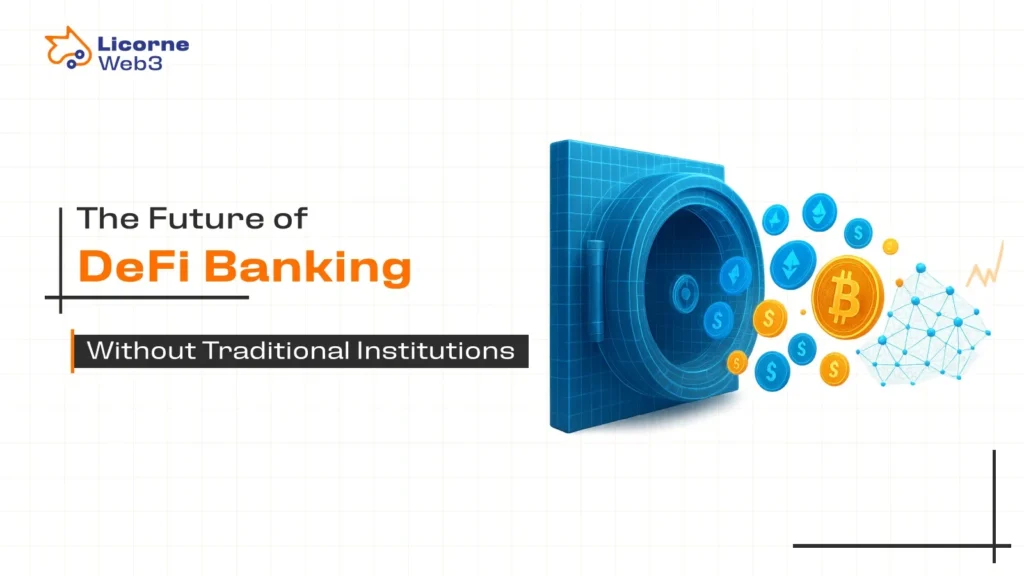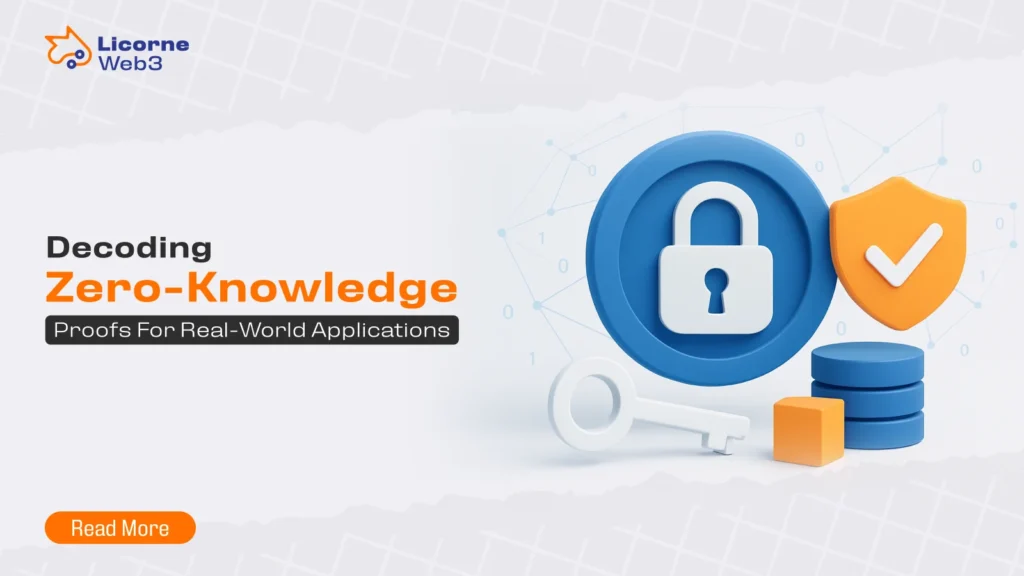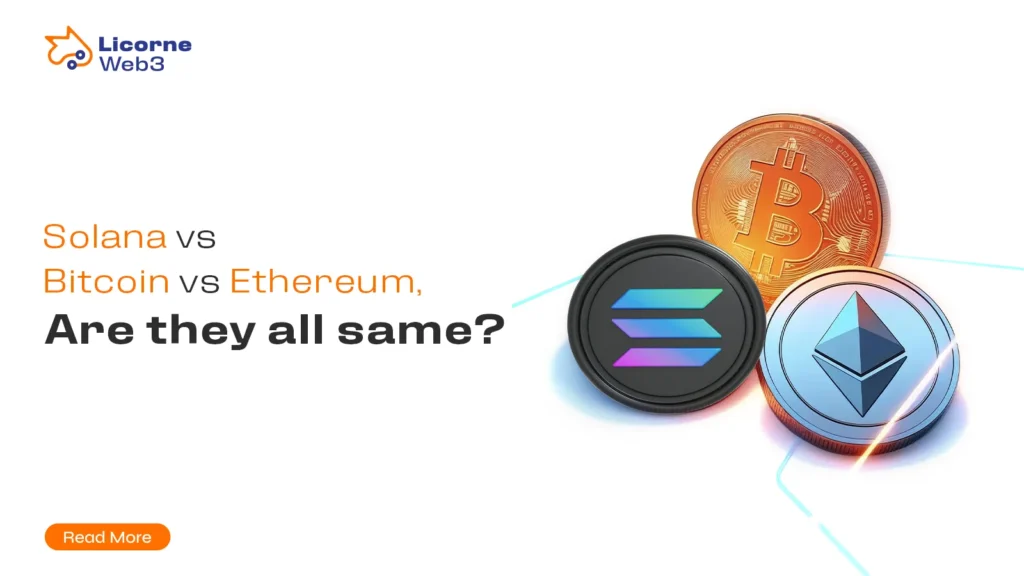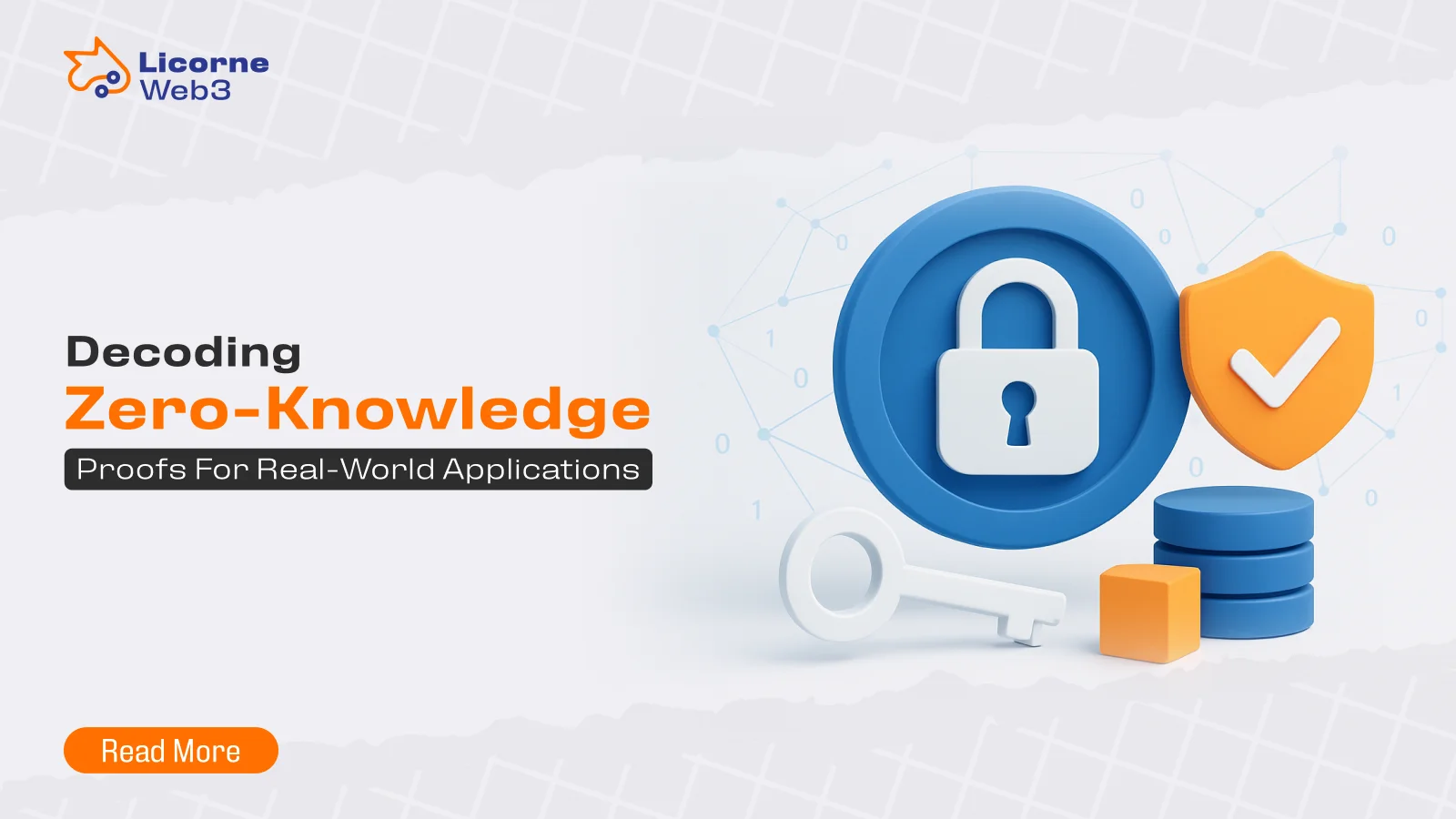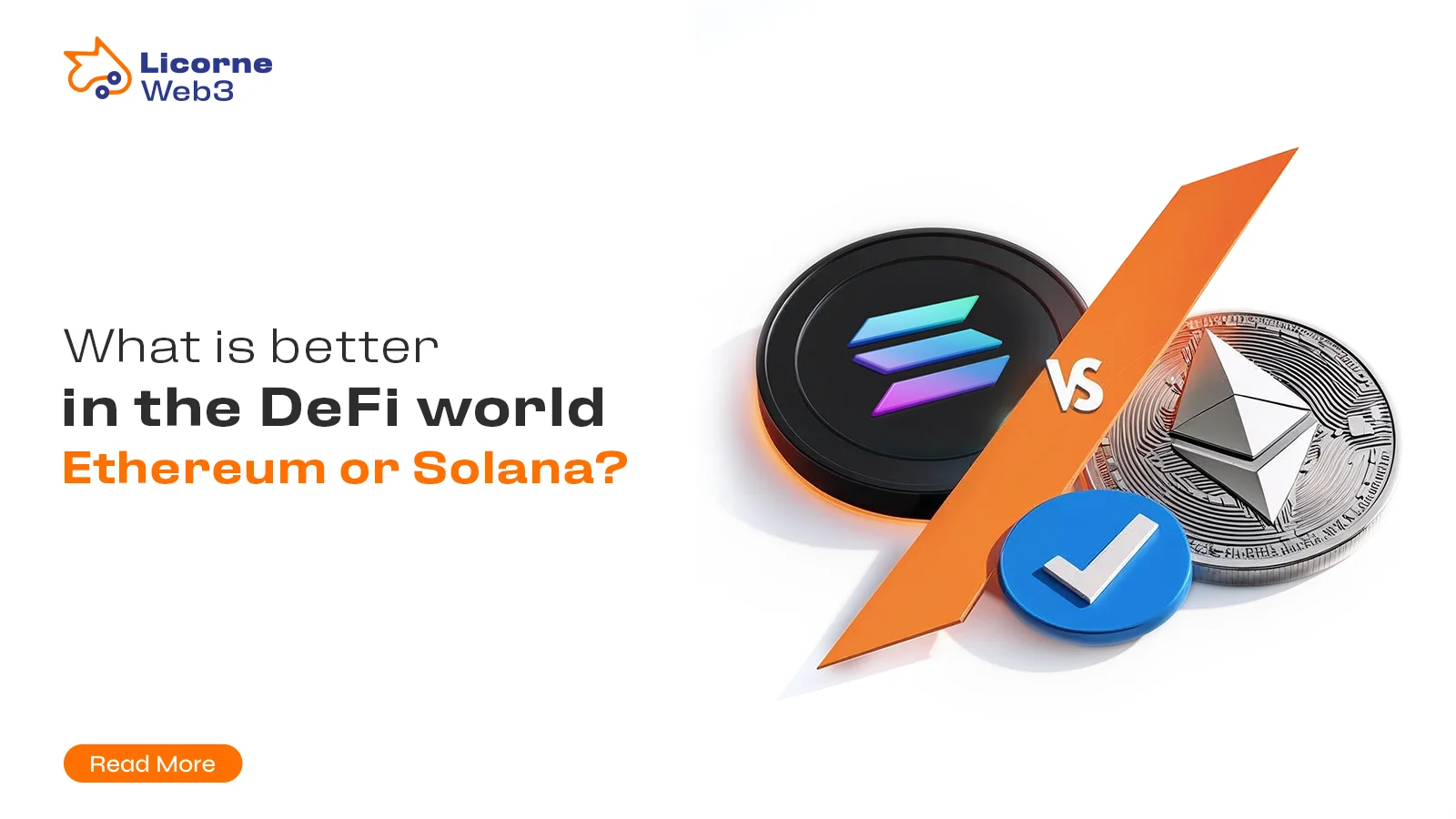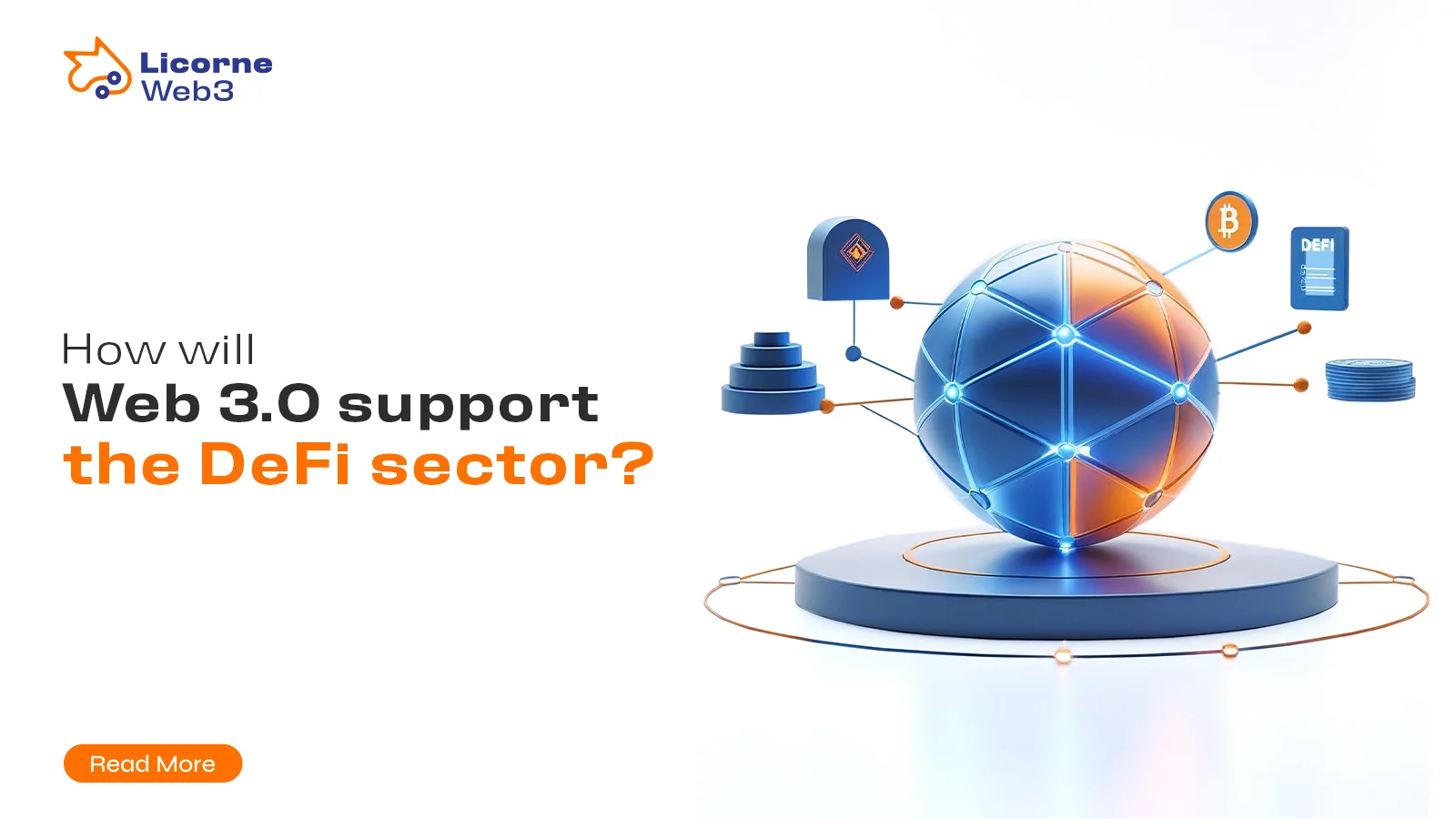In today’s fast-paced digital economy, businesses are constantly seeking innovative solutions to enhance efficiency, reduce costs, and improve security. One such groundbreaking technology is smart contracts—self-executing contracts built on blockchain networks that automate and enforce agreements without intermediaries. Unlike traditional contracts, which are often prone to human error and delays, digital contracts powered by smart contracts ensure seamless transactions with enhanced transparency and reliability.
As industries increasingly embrace blockchain networks, smart contracts are revolutionizing everything from financial services to supply chain management. In this blog, we’ll dive into the fundamentals of smart contracts, their benefits, real-world applications, and how businesses can integrate them for a more streamlined and secure future.
What Are Smart Contracts?
A smart contract is a self-executing digital agreement where the terms are written in code and securely stored on a blockchain. These smart contracts eliminate the need for intermediaries by automatically executing predefined conditions without human intervention, making transactions faster, more reliable, and highly efficient.
Smart contracts support a wide range of applications, including financial transactions, supply chain management, and real estate deals, ensuring compliance with legal standards and reducing the risk of fraud. Businesses are increasingly turning to smart contract development to enhance security and transparency, creating self-executing agreements that function seamlessly on blockchain networks.
The adoption of smart contracts continues to grow, offering innovative solutions across industries while streamlining processes and improving trust among parties.
Key Features of Smart Contracts
✔ Automatic Execution – Smart contracts function as self-executing agreements, removing the need for manual processing and intermediaries. Once the agreed-upon terms are met, the contract executes automatically, ensuring efficiency in property transactions and other business dealings across the entire chain.
✔ Transparency – Stored on public blockchains, smart contracts allow all involved parties to verify the contract terms in real time, reducing disputes and enhancing trust. This transparency is critical for financial transactions and legal frameworks that require clear audit trails.
✔ Immutability – Once deployed on the blockchain, smart contracts cannot be altered, ensuring data integrity and security. This immutability is particularly beneficial for legal recognition and compliance with regulatory standards.
✔ Trustless System – By eliminating intermediaries, smart contracts minimize potential risks associated with third-party involvement and manual errors, making them a reliable solution for various industries.
✔ Security – Encrypted and stored on decentralized blockchain networks, smart contracts provide a high level of security against fraud and unauthorized modifications. Businesses seeking a smart contracts solution can leverage this security for handling sensitive financial transactions and property transactions seamlessly.
These features make smart contracts a powerful tool for industries looking to improve efficiency, reduce costs, and establish a secure digital framework for agreements.
What is the problem solved by Smart Contracts?
Smart contracts solve critical business challenges by automating and securing agreements on the blockchain. They address two major pain points:
- Inefficiency & High Costs: Traditional contracts rely on intermediaries like lawyers, banks, and notaries, leading to delays, paperwork, and extra fees. Smart contracts execute automatically when conditions are met, cutting out middlemen and speeding up transactions.
- Lack of Trust & Fraud Risks: Paper contracts can be altered, and disputes often arise from unclear terms. Smart contracts are tamper-proof, transparent, and enforce agreements exactly as coded, eliminating fraud and building trust between parties.
By removing manual processes and ensuring secure, self-executing deals, smart contracts make business faster, cheaper, and more reliable.
How Do Smart Contracts Work?
Smart contracts operate on “if-then” logic, ensuring efficient transactions by automating processes and eliminating unnecessary intermediaries. This innovation in smart contract technology has revolutionized various industries by minimizing transaction costs and enhancing trust between parties.
- Agreement Creation – Business terms and conditions are programmed into a smart contract using code. These terms define the obligations of all parties involved and are designed to prevent risk of errors commonly found in manual processes.
- Deployment on Blockchain – The smart contract is stored on a distributed ledger like Ethereum, Solana, or other blockchain networks, ensuring security and immutability. Since these contracts exist on public blockchains, they cannot be altered once deployed, offering a reliable smart contract solution for businesses.
- Triggering Event – Once predefined conditions are met—such as a payment received or delivery confirmed—the contract executes automatically. This removes reliance on third-party verifications and significantly reduces blockchain transaction costs, making operations smoother and more cost-effective.
- Execution & Settlement – The contract autonomously transfers funds, data, or assets according to the agreed-upon terms, ensuring accuracy and transparency. Since everything is recorded on the blockchain, disputes are minimized, and contractual obligations are securely upheld.
Example in Action:
A supplier delivers goods → IoT sensors confirm receipt → Smart contract releases payment instantly.
By integrating smart contract solutions into business models, organizations can reduce expenses, speed up processes, and improve overall security—helping industries move toward a trustless, automated future with greater efficiency.
5 Ways Smart Contracts Can Help Your Business Grow
- Automating Business Processes Smart contracts simplify operations by reducing manual work in invoicing, payroll, and compliance. Unlike a traditional contract, these self-executing agreements operate on blockchain networks, ensuring efficient transactions without intermediaries. As a result, businesses can minimize network congestion and improve the speed of processes. Example: Insurance claims can be processed automatically when conditions—such as a flight delay—are verified, eliminating paperwork and accelerating payouts.
- Lowering Operational Costs One of the numerous advantages of smart contracts is the elimination of intermediaries, such as lawyers, banks, and brokers. This reduction in third-party involvement significantly cuts costs while preventing legal disputes and minimizing fraud. Example: Real estate transactions can be executed seamlessly without the need for notaries or escrow delays, leveraging the blockchain transaction record for verification.
- Enhancing Security & Transparency Once a smart contract is deployed, it becomes immutable, preventing unauthorized changes. Every transaction is recorded in a blockchain application, ensuring auditability and compliance with legal frameworks. This trustless system enhances security and eliminates risks associated with manual agreements. Example: Supply chain tracking allows businesses to verify product authenticity using blockchain technology, reducing counterfeit risks and ensuring transparency.
- Improving Customer Trust Unlike a traditional agreement, smart contracts offer transparent terms that customers can easily verify, leading to greater confidence. Additionally, instant automated payouts—triggered when contract conditions are met—enhance customer satisfaction. Example: Freelancers receive payments immediately after completing milestones, eliminating payment delays and disputes.
- Enabling New Business Models Smart contracts open the door to innovative models like Decentralized Finance (DeFi), tokenization, and Decentralized Autonomous Organizations (DAO), enabling new opportunities in lending, asset ownership, and governance. Example: Smart contracts facilitate fractional ownership of assets—such as real estate and art—by ensuring secure, verifiable transactions with legal recognition.
Real-World Use Cases of Smart Contracts
- Supply Chain Management Businesses use smart contracts for automated tracking of goods, from manufacturer to consumer, reducing delays and errors. Example: Walmart employs blockchain to trace food origins, enhancing food safety and transparency.
- Finance & Payments Smart contracts allow instant cross-border transactions without banks, reducing fees and processing time. Example: Ripple’s blockchain enables fast international remittances with lower transaction costs.
- Healthcare Medical institutions use smart contracts to store secure patient records with controlled access, enhancing data privacy and interoperability. Example: Hospitals share medical data using blockchain technology while maintaining strict access controls.
- Real Estate Smart contracts enable tokenized property sales, allowing instant ownership transfers without conventional paperwork delays. Example: Propy utilizes blockchain for real estate deals, reducing fraud and legal complexities.
- Legal & Compliance Automated dispute resolution and legal agreements reduce costly litigation and paperwork. Example: OpenLaw streamlines self-executing NDAs and licensing agreements, ensuring smooth contract enforcement.
The Legacy of Smart Contracts
The concept of smart contracts was first introduced by Nick Szabo in the 1990s, envisioning digital agreements that could execute automatically. Today, blockchain technology has brought Szabo’s vision to life, making smart contracts a powerful tool for businesses worldwide. As adoption continues, smart contracts will further transform industries, reducing risks and increasing efficiency across various sectors.
How to Integrate Smart Contracts Into Your Business
Implementing smart contracts into your business can optimize operations, enhance security, and reduce costs by automating agreements and transactions. Here’s how you can integrate smart contract technology effectively:
Step 1: Identify Use Cases
Determine areas where smart contracts can replace traditional processes to reduce expenses and improve efficiency. Common use cases include:
✔ Automating payments, payroll, and compliance.
✔ Reducing reliance on intermediaries in legal agreements.
✔ Ensuring secure, tamper-proof record-keeping for smart contract transactions.
Step 2: Choose a Blockchain Platform
Selecting the right blockchain application is crucial for successful deployment. Different blockchain networks offer varied features for smart contracts:
✔ Ethereum – The most widely used blockchain for smart contracts, offering a robust ecosystem.
✔ Binance Smart Chain – Preferred for smart contract solutions with lower transaction fees.
✔ Solana – Known for high-speed processing, making it ideal for real-time applications.
Step 3: Develop & Deploy
The creation of smart contracts requires technical expertise or user-friendly development platforms. Businesses can:
✔ Hire blockchain developers to customize smart contract solutions.
✔ Utilize no-code tools like Chainlink and OpenZeppelin for simplified deployment.
✔ Test contracts on a testnet before executing on the main blockchain to ensure accuracy and security.
Step 4: Monitor & Optimize
After deployment, it is essential to track the smart contract transaction performance and adjust logic to align with evolving business needs. To achieve this:
✔ Use analytics tools for monitoring smart contract execution and compliance.
✔ Update contract logic as regulatory frameworks change.
✔ Address potential legal disputes through automated dispute resolution mechanisms built into the blockchain.
By integrating smart contracts, businesses can eliminate unnecessary manual interventions, improve transaction speed, reduce costs, and enhance trust between parties. As smart contract technology continues to evolve, organizations can unlock new opportunities across industries, making business operations more efficient and scalable.
Conclusion:
Smart contracts are revolutionizing industries by enabling secure, automated, and efficient transactions while reducing human error and reliance on intermediaries. These self-executing agreements streamline operations in finance, supply chain, healthcare, and real estate, offering numerous advantages over traditional contracts.
By leveraging smart contract technology, businesses can lower costs, enhance security, and boost efficiency. As Nick Szabo’s vision continues shaping the digital economy, adopting smart contract solutions is no longer optional—it’s essential for future growth. Embracing blockchain transaction records will pave the way for a trustless, transparent, and automated business environment.
Author
-

Blockchain Writer & Web3 Expert
View all posts
Areej Maqbool is a Blockchain writer and thought leader with over 5 years of experience in crafting compelling narratives and insights on blockchain and Web3 innovation. Her expertise spans the intersection of technology, business, and society, with a focus on decentralized applications, smart contracts, and blockchain adoption.
Key Expertise:
- Blockchain and Web3 storytelling
- Technical writing for blockchain and Web3 projects
- Thought leadership and opinion editorials
- Research and analysis on blockchain and Web3 trends




